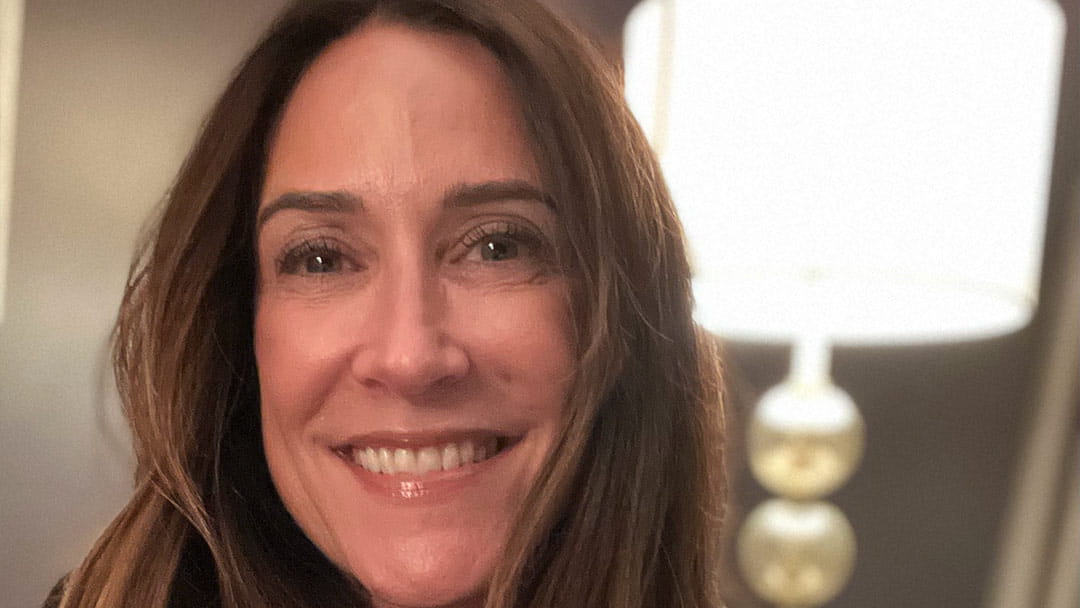
I’ve been with my spouse for almost 20 years. Throughout that point, meals and wine have been issues we’ve loved for leisure. When Covid got here alongside I already had issues about my very own alcohol consumption and within the lockdowns we each went a bit loopy. Since then, my spouse has labored from dwelling much more. Whereas my consumption has peaks and troughs, she is going to open a powerful beer day-after-day at 5pm and she or he typically kicks on from there with wine or cocktails. Yesterday it was a bottle of wine, though I didn’t have something.
Her consumption is method over all revealed tips however she by no means loses management, she’s enjoyable to be round, she’s all the time as much as assist our son put together for varsity and she or he continues to excel in her high-pressure job. Consuming actually isn’t inflicting any issues. My fear is that this might abruptly spin uncontrolled and I’ll really feel terrible for not having accomplished something. Additionally, her household has a historical past of dementia and I fear it might exacerbate that.
Though she appears laid-back she is definitely fairly anxious and I do know broaching this topic wouldn’t be properly obtained. In the meanwhile I’m merely not consuming within the hope of decreasing the benchmark consumption in our home. I realise that’s a bit feeble nevertheless it’s exhausting to make a pre-emptive strike towards an issue that isn’t there but. What do you recommend?
Eleanor says: A whole lot of our cultural considering round alcohol imagines two stark classes: there are the folks with capital-D, capital-P Consuming Issues, for whom the one answer is 12 steps and to by no means drink once more, after which there’s everybody else, who by advantage of not belonging to the primary class are Non-Downside Drinkers. Your spouse isn’t stumbling round drunk or lacking work, so she doesn’t match our stereotype of the primary class. However one of many issues with this stark categorisation is that, whenever you’re in a mildly unhealthy relationship with alcohol, you’ll be able to have a look at the AA-trope of “addict” and assume, “I’m not that, so I have to be high-quality.”
In actuality there’s a complete spectrum of the way to narrate to alcohol and our cultural expectations of “addict” are only one excessive finish. There’s additionally the slightly-too-strong agitation if there’s none within the fridge. There’s forgetting what it’s like to start out the day and not using a headache. There’s feeling actual worry about dealing with a date with out consuming. None of those entails slurring and stumbling and vomiting. However they’re methods to have a horrible hum underneath what needs to be a enjoyable expertise – the truth that you don’t really feel you’ll be able to discuss consuming, as an illustration, is a bit little bit of that hum.
It is likely to be helpful to pivot from asking, “How can I cease my spouse consuming a lot?” to, “How can we assist with what makes my spouse wish to drink a lot?” You talked about she’s an anxious particular person. Are there different issues in her life – moreover alcohol – that take the sting off a tough day? Between the demanding job, the home, the youngsters, is there anything that provides her peace and winding-down earlier than sleep? If not, what else may work?
Perhaps too you possibly can make this a part of a dialog about your joint well being targets at this level in life. Set “relationship with alcohol” apart, set “telling me what to do” apart, there’s a easy non-accusatory case to simply “get wholesome collectively”. Consuming greater than really helpful means greater than your liver can deal with. Bloodwork and physician check-ins could be good methods to search out out in regards to the cumulative impact of our vices “above really helpful ranges”, in addition to a great way to get motivated to alter them, simply as how after the dentist you’re all motivated and filled with joie de floss.
I do know consuming could be exhausting to speak about however stealthy modifications could look passive aggressive. Making an attempt to subtly engineer behaviour modifications with out explaining why – that’s what we do to youngsters and animals. She may really feel you’re treating her like that if you happen to begin stocking the fridge with non-alcoholic drinks, or saying, “Are you certain you want one other?”
We bridle at feeling paternalised, particularly about selections we want nobody would discover. In order for you her to alter her selections, it’ll really feel altogether extra dignified from her standpoint if you happen to have interaction along with her as somebody who makes these selections.
The trick isn’t for both of you to deal with alcohol without any consideration, or as an enemy. It’s to deal with it as one thing to have round to the extent – and solely the extent – that it makes your lives higher. Grownups are allowed to drink for enjoyable. It’s when consuming stops being enjoyable that we’ve got to concentrate.
This letter has been edited for size.
Ask Eleanor a query
Do you have got a battle, crossroads or dilemma you need assistance with? Eleanor Gordon-Smith will enable you assume by life’s questions and puzzles, massive and small. Your questions can be saved nameless.









